The Third Murder review - unpacking a crime enigma
Cryptic, elusive Japanese killing mystery offers no easy answers
Japanese director Kore-eda Hirokazu offers up mystery aplenty in his new film The Third Murder, enigma and riddle too. He also moves away from the territory of family drama for which he is best known. There’s similar intensity in some of the relationships between characters here as in his previous work, and it’s engrossingly atmospheric – some visual elements speak as strongly as anything the director has made, while Ludovico Einaudi’s piano/cello-dominated score is almost a player in itself – but even for Kore-eda fans it will surely come as a surprise.
The opening scene of The Third Murder does indeed depict a killing, but the director then spends the next two hours slowly demolishing any sense of certainty we began with about what was actually done, and by whom, let alone why. It isn’t a courtroom drama, though part of the second half does play out in that environment, but rather a legal procedural, overlaid with philosophical elements, and permeated with a sense of life’s strange whimsy that sometimes isn’t far away in feel from the work of Haruki Murakami.
The cycles and variations of parent and child relationships continue
The central relationship is between confessed murderer Misumi (Koji Yakusho) and his lead lawyer Shigemori (Masaharu Fukuyama, one of Japan’s top singer-songwriters, whose screen career includes Kore-eda’s 2013 Like Father, Like Son), who’s been brought into the case by his senior colleague to try to clarify things. Given the confession, the lawyers’ main preoccupation is to try to avoid the death sentence (which remains in force in Japan): the film’s title, we assume, is explained by the fact that Misumi had previously served 30 years for a double murder, making such a verdict all the more likely. The judge in that earlier case had been Shigemori’s father, prompting some reflection on the ethics of capital punishment (not to mention the human condition), but Kore-eda doesn’t take any strong stand on that issue per se.
Misumi’s position at the opening seems clear, and he has admitted his guilt: having stolen money to fuel a gambling habit, he bludgeoned to death the owner of the small factory where he had been working, and then burnt the body. It’s when he starts to change the details of that story that confusion sets in, prompting in Shigemori a growing engagement that sees him travelling to meet the victim’s wife and daughter (Hirose Suzu is particularly striking as the daughter, pictured below, right), as well as research other aspects of his client’s past. It takes him to some of the remoter regions of Japan, especially Hokkaido in the north – how far it all is from the big city environments that we more often associate with the country – with elements that take us back in time, too.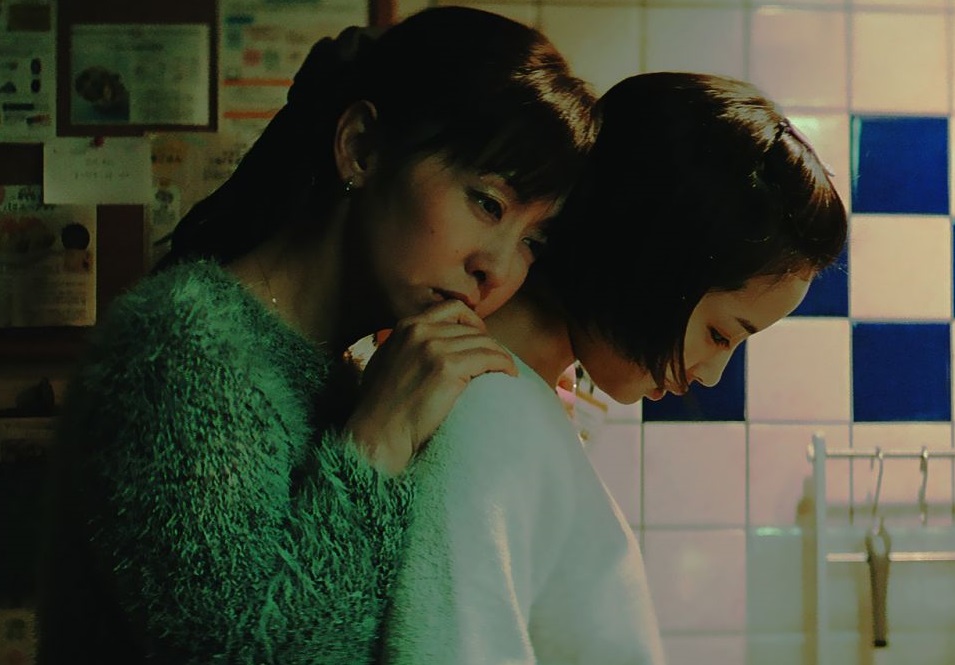
But the film’s central space remains the prison meeting-room in which the lawyers interview their client; the two sides are separated by a thick transparent screen which allows for strange degrees of close interaction between the two main protagonists when they face each other. In changing his version of events, is Misumi’s memory deceiving him, or is he playing with his lawyer, throwing out diversions from a motivation that may be anything but self-serving? First he uses a press interview to suggest he had committed his crime in collaboration with his victim’s widow as an insurance scam, then hints at much darker elements in that relationship between father and daughter. Kore-eda loosely links that latter element to Shigemori’s own circumstances – he’s divorced, and his relationship with his daughter has clearly been affected by his absorption in his work: the cycles and variations of parent and child relationships continue.
Questions and counter-questions arise as we circle the enigma of what may or may not be the truth. If it all seems something of a game, however macabre, for Misumi, Shigemori’s professional approach is equally ambiguous; as he suggests at one point, “legal strategy is the truth”. We certainly see a lot of legal strategy meetings – some include considerable atmospheric humour in the background – as well as more arcane conferences between judge and the defence and prosecution sides, but on the wider sense of who has the right to judge others, The Third Murder remains silent.
Visually the film reflects the story's interest in artifice. The widescreen cinematography of Kore-eda regular Takimoto Mikiya is darkly distinctive, especially when charting weather and landscapes. But it’s when he brings us into close-ups on the faces of the two main characters as they confront each other in that prison room that something uncanny happens, as their two images seem to merge in profile reflections in the perspex screen that separates them. It’s one of the most unsettling touches in a film that holds back far more than it reveals.
Overleaf: watch the trailer for The Third Murder

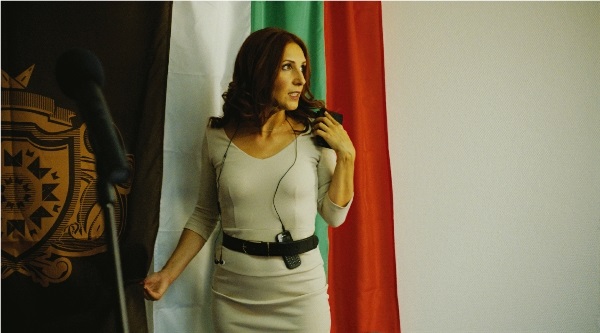 The unlucky hand of fate is a familiar element in the cinema of Eastern Europe – “inexorable” seems to be one of its recurring words – and it assumes an extra tragic element here, given the extreme innocence and naivety of one party in the story. Tsanko becomes something of a holy fool, his stammer making him excruciatingly unsuited for the cynical PR world to which he is exposed: when we witness the thoughtless laughter that he provokes there, real cruelty hits home. The directors are equally unsparing in their depiction of their heroine, however: Julia’s work concerns are played out incongruously against the background of her attempts to conceive a child through IVF, with each clinic appointment perpetually interrupted by calls on her mobile. The directors don’t need to labour their point, that she has lost track of the important things in her life: the closing chaos in which she finds herself brings that home. Even so, the darkness of the film’s implied conclusion endorses a markedly bleaker view of the world than anything that has come before.
The unlucky hand of fate is a familiar element in the cinema of Eastern Europe – “inexorable” seems to be one of its recurring words – and it assumes an extra tragic element here, given the extreme innocence and naivety of one party in the story. Tsanko becomes something of a holy fool, his stammer making him excruciatingly unsuited for the cynical PR world to which he is exposed: when we witness the thoughtless laughter that he provokes there, real cruelty hits home. The directors are equally unsparing in their depiction of their heroine, however: Julia’s work concerns are played out incongruously against the background of her attempts to conceive a child through IVF, with each clinic appointment perpetually interrupted by calls on her mobile. The directors don’t need to labour their point, that she has lost track of the important things in her life: the closing chaos in which she finds herself brings that home. Even so, the darkness of the film’s implied conclusion endorses a markedly bleaker view of the world than anything that has come before.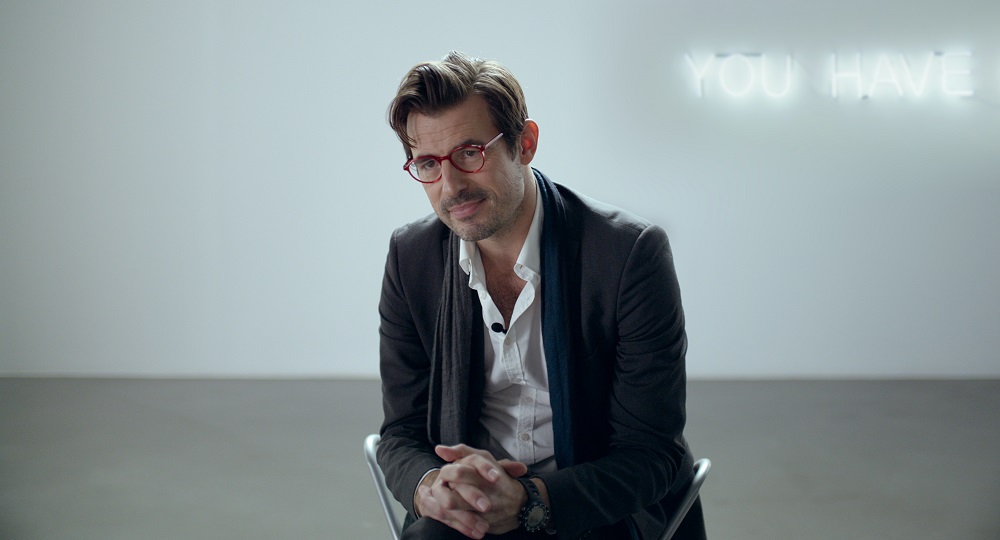 But most of all, The Square is brilliantly acted and very stylish, if at times just a little bit too pleased with how clever it is. To describe the plot in any detail would be to spoil the film’s unfolding pleasures; suffice to say there is a theft, inept revenge, social and professional humiliation, and an actor impersonating an ape who should make Andy Serkis a tad jealous.
But most of all, The Square is brilliantly acted and very stylish, if at times just a little bit too pleased with how clever it is. To describe the plot in any detail would be to spoil the film’s unfolding pleasures; suffice to say there is a theft, inept revenge, social and professional humiliation, and an actor impersonating an ape who should make Andy Serkis a tad jealous.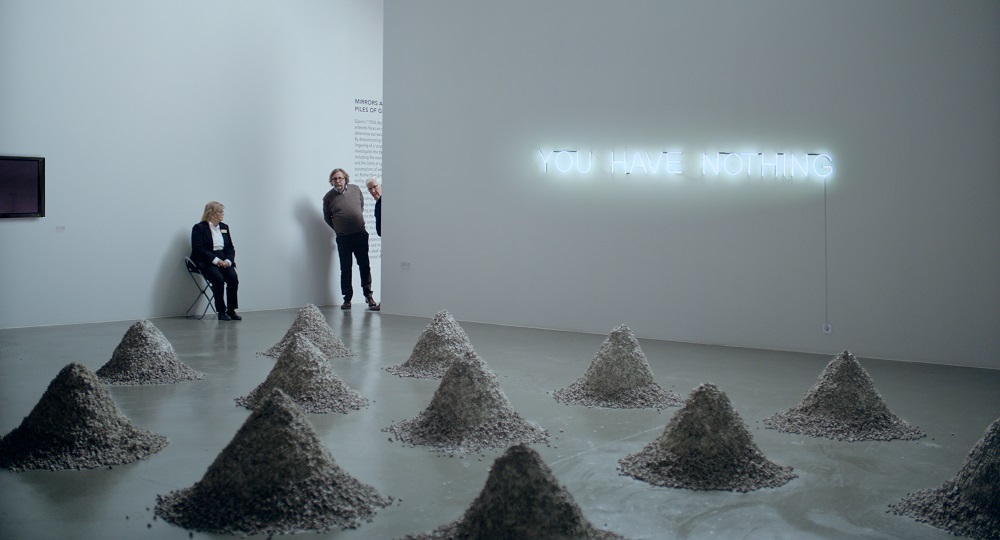 There’s much clever framing too, marginal figures edging into our vision. The spaces Christian navigates are both claustrophobic and hallucinatory. Confusing, faintly disturbing peripheral sounds come from off-screen with no
There’s much clever framing too, marginal figures edging into our vision. The spaces Christian navigates are both claustrophobic and hallucinatory. Confusing, faintly disturbing peripheral sounds come from off-screen with no 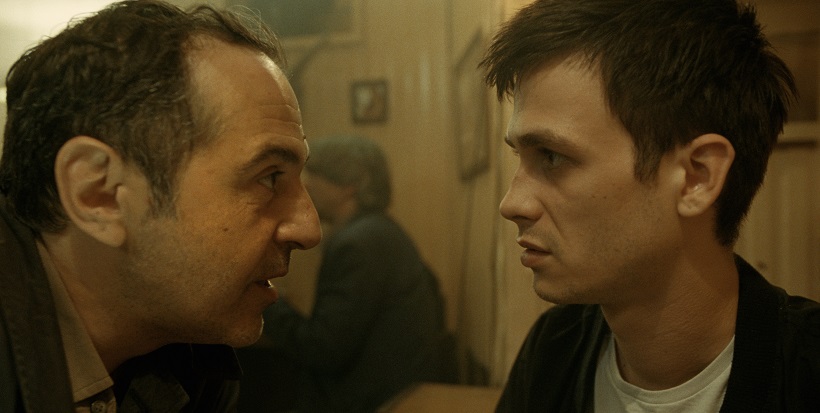 Mundruczó and his co-writer Kata Wéber dial up the mystical element as the levitation scenes – they may not have quite the same angelic connotations as Wim Wenders’ Wings of Desire, but they’re not far off, either – bring religion into the equation, with Aryan (son of a carpenter, no less) pitched as a contemporary Christ figure. The world he has possibly come to redeem is sorely in need of said treatment, including a presentation of contemporary Hungary’s political extremism (as incisive as it was in Mundruczó’s previous film, the canine-themed White God), plus a plot cross-strand (ultimately rather extraneous) involving terrorism.
Mundruczó and his co-writer Kata Wéber dial up the mystical element as the levitation scenes – they may not have quite the same angelic connotations as Wim Wenders’ Wings of Desire, but they’re not far off, either – bring religion into the equation, with Aryan (son of a carpenter, no less) pitched as a contemporary Christ figure. The world he has possibly come to redeem is sorely in need of said treatment, including a presentation of contemporary Hungary’s political extremism (as incisive as it was in Mundruczó’s previous film, the canine-themed White God), plus a plot cross-strand (ultimately rather extraneous) involving terrorism.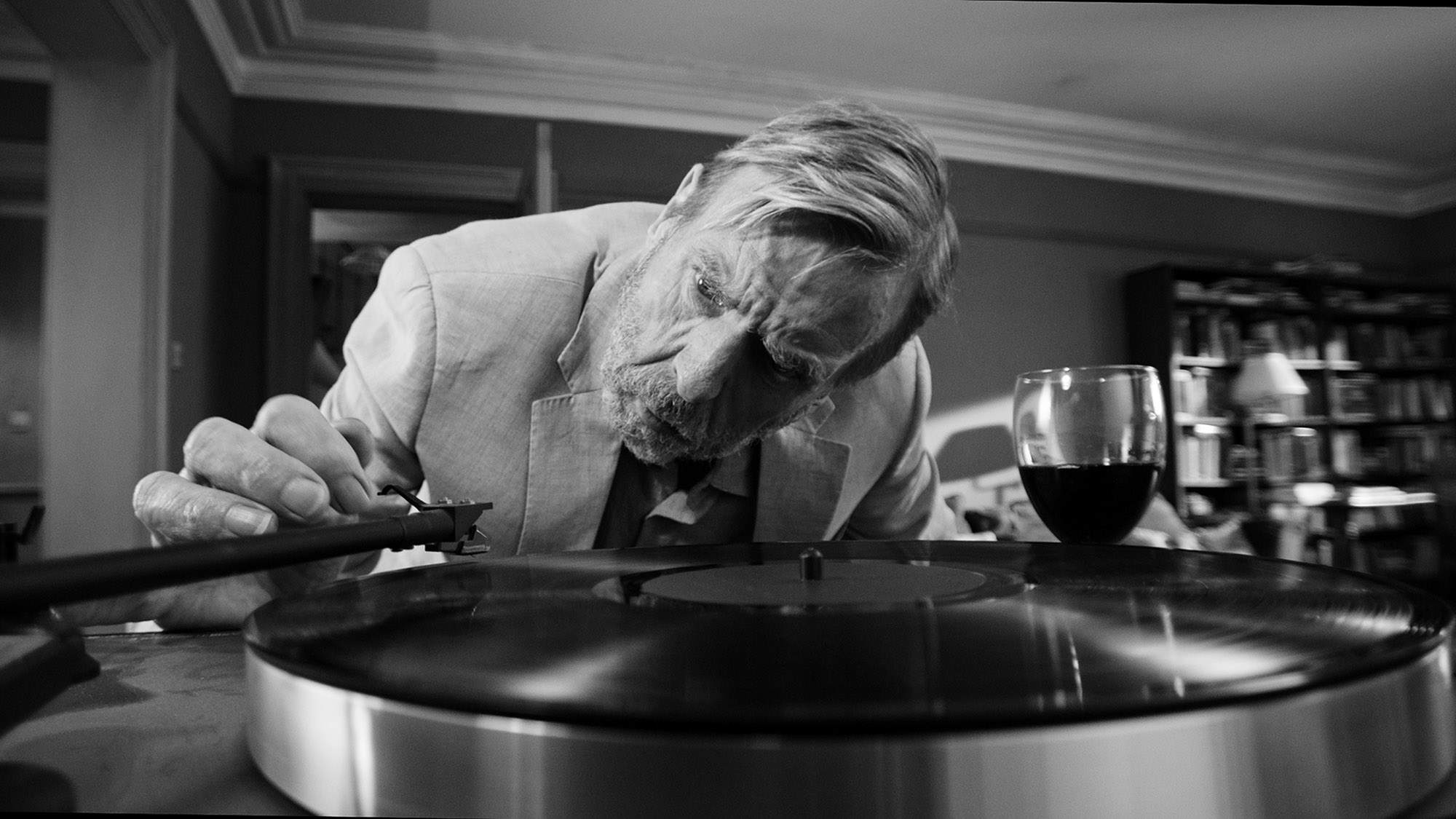 Once in full flow, it’s a pure joy to watch; the cast have a riot, bouncing around the rooms to an eclectic soundtrack provided by Bill’s record player. There are moments of true comic gold, from The Thick of It-style implications of the Shadow Health Secretary’s husband going private for a terminal diagnosis, to the daft panic when searching for the right music to revive a dying man. Disappointingly, the ending peters out with a whimper, unable to find a satisfying conclusion to the madness. The final reveal attempts one more rug pull, but it feels cheap in comparison to the excellence preceding it.
Once in full flow, it’s a pure joy to watch; the cast have a riot, bouncing around the rooms to an eclectic soundtrack provided by Bill’s record player. There are moments of true comic gold, from The Thick of It-style implications of the Shadow Health Secretary’s husband going private for a terminal diagnosis, to the daft panic when searching for the right music to revive a dying man. Disappointingly, the ending peters out with a whimper, unable to find a satisfying conclusion to the madness. The final reveal attempts one more rug pull, but it feels cheap in comparison to the excellence preceding it.